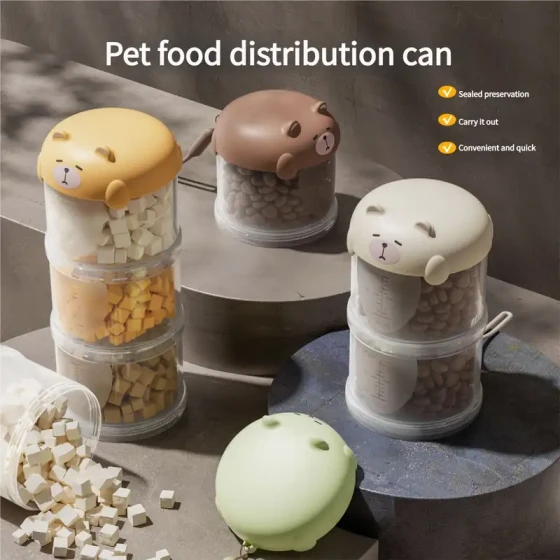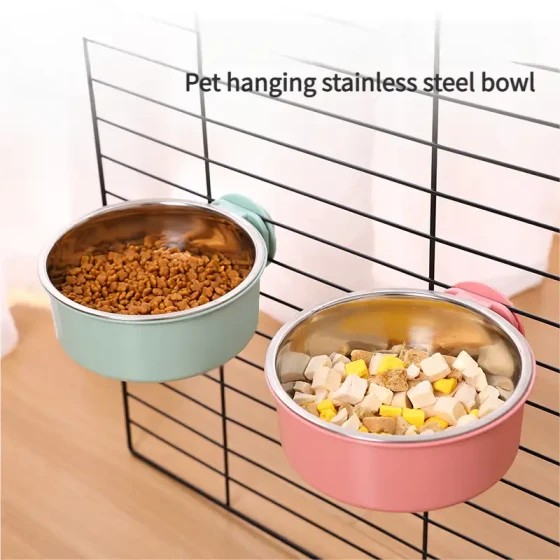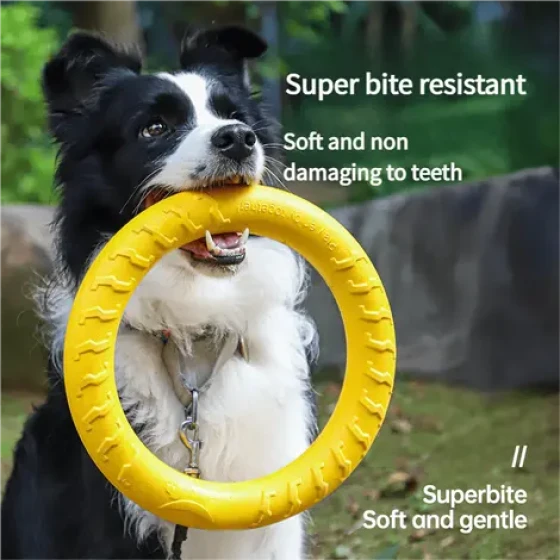Be Careful When Feeding Dogs Traditional Festival Foods
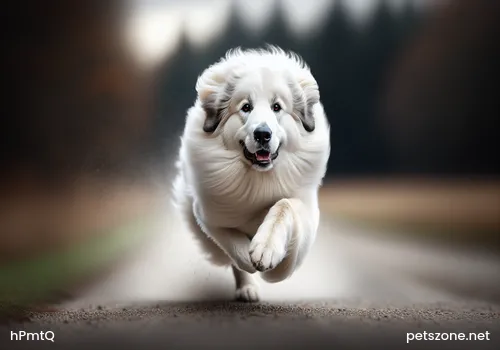
Basset Hound
China's traditional festivals have been highly valued from ancient times to the present. During the holidays, every household follows customs passed down through generations. With the improvement of living standards now, pets have entered thousands of homes. While pet owners enjoy delicious traditional festival foods, they also do not forget to share with their dogs. But can dogs really eat traditional festival foods?
1. Mooncakes for the Mid-Autumn Festival
The main ingredients of mooncakes are flour, sugar, and fats. They are very high in calories. Therefore, mooncakes are known as a "three highs" food, meaning high oil, high sugar, and high fat. They are not only difficult to digest but also hinder the absorption of other foods, which can cause indigestion and food retention.
Although mooncakes are tasty, it's best not to feed them to dogs. Eating mooncakes can be harmful to a dog's health. Clinics often encounter cases where dogs vomit or lose appetite after accidentally eating mooncakes. Additionally, mooncakes generally contain nuts, peanuts, and other fillings which are hard to digest and may lead to appetite problems. Certain ingredients, such as grapes, can even cause poisoning. Furthermore, while pets don't worry about "weight loss" like humans, they still have concerns. The soft residue of mooncakes can get stuck between teeth and eventually affect a dog's dental health.

Mooncakes
Can Dogs Eat Sugar-Free Mooncakes?
Since traditional mooncakes cannot be fed to dogs, what about "sugar-free mooncakes" designed for the elderly or diabetics? Actually, "sugar-free mooncakes" do not mean they have no sweetness; instead, they do not contain sucrose or glucose but use xylitol, maltitol, and other sugar substitutes. Mooncakes made with xylitol or maltitol are indeed healthier than traditional ones and suitable for diabetics. However, dogs differ from humans in their tolerance to these substances. American veterinarians have studied that foods containing xylitol may cause liver failure in dogs. Therefore, "sugar-free mooncakes" containing xylitol must never be fed to dogs, as they are even more harmful than traditional mooncakes.
In summary, although commercially available mooncakes taste delicious, they are not beneficial to dogs' health and are best avoided. If feeding is desired, you can buy mooncakes made specifically for dogs or make some other small snacks yourself as a festive activity. Wishing all dogs a healthy and happy Mid-Autumn Festival.
Mooncakes contain a lot of oil and sugar and should not be eaten excessively~ Also, a reminder to all pet owners: do not pair mooncakes with high-sugar drinks such as soda or juice. While eating mooncakes, reduce intake of rice and fats, or eat more vitamin C and fiber-rich pomelo fruit.

Zongzi (Rice Dumplings)
2. Zongzi for the Dragon Boat Festival
1. Commercially sold meat zongzi or those filled with other fillings generally contain seasonings (such as liquor, soy sauce, and various spices) or excessive sodium, which are not good for dogs. Severe cases may cause diarrhea, vomiting, anemia, or poisoning. If you want to treat your dog well, it's best not to buy store-bought zongzi. Instead, you can make some yourself using a mix of glutinous and regular rice with lean beef, chicken, lamb, or other fillings in small amounts as a treat.
2. Before feeding, divide the zongzi into small portions and mechanically chop the food to help the dog digest better.
3. Dogs that usually eat hastily and ravenously should not be fed zongzi. Because food lumps do not get chewed thoroughly in their mouths, this will increase the stomach burden and significantly raise the incidence of indigestion.
4. If zongzi contains red dates with pits, keep them well away from dogs to prevent accidental ingestion. Date pits cannot be digested and small or young dogs may experience intestinal blockage risks.
5. When feeding dogs with zongzi, pay attention to the temperature: normal room temperature is best. Do not give zongzi that are too hot, as it can harm their gastrointestinal tract, nor should you feed it directly from the refrigerator, as cold food can cause indigestion, diarrhea, or vomiting. Store zongzi properly and prevent dogs from sneaking cold ones.
6. When eating zongzi, pairing small slices of apple, cucumber, carrot, or other fruits and vegetables can help intestinal motility and promote digestion. Avoid pairing with cold-natured fruits like watermelon.
7. After your dog eats zongzi, check their teeth for any leftover rice grains or meat bits and clean thoroughly to prevent tartar buildup.

Dumplings
3. Dumplings for the Spring Festival
Dogs can get poisoned after eating foods containing onions or scallions, which are common ingredients in dumplings. Onions and scallions contain the aromatic volatile oils N-propyl disulfide or propylene sulfide. These substances are not easy to destroy by heating and are found in higher amounts in old onions and scallions.
One to two days after poisoning, the most distinctive symptom is red or reddish-brown urine. Mild poisoning presents with subtle symptoms, sometimes lethargy, poor appetite, and light reddish urine. Severe poisoning shows depression, poor or no appetite, staggering, unwillingness to move, preference to lie down, yellowing of the conjunctiva or oral mucosa, rapid heartbeat, panting, weakness, dark red or reddish-brown urine, normal or lowered body temperature. Severe poisoning can lead to death.
Once dog poisoning is suspected, the owner must immediately stop feeding onion or scallion-containing foods, use antioxidant vitamin E, provide supportive intravenous fluids, and nutritional supplementation. Administer proper diuretics to help excrete hemoglobin from the body. Dogs with hemolytic anemia can receive intravenous transfusions at 10-20 ml per kg of body weight.
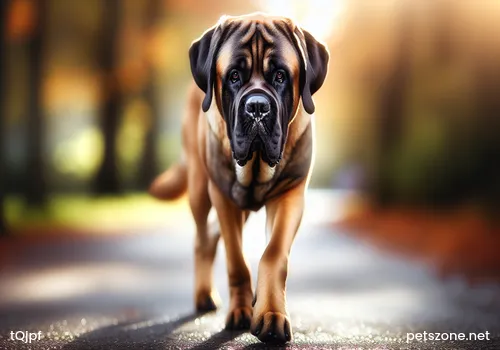
Green Rice Balls (Qingtuan)
4. Green Rice Balls for the Qingming Festival
1. The main ingredient of green rice balls is glutinous rice, which is extremely difficult to digest. The texture is very sticky, and dogs usually swallow it without chewing. Therefore, eating green rice balls undoubtedly burdens their digestive system;
2. Dogs with pancreatitis and gastritis are strictly prohibited from eating green rice balls, as the glutinous rice may cause relapse or worsening of these inflammations;
3. Diabetic dogs should not eat green rice balls, as they contain large amounts of sugar. New varieties launched by sellers contain even more sugar, worsening diabetic dogs' conditions;
4. Dogs suffering from cholecystitis or gallstones should avoid eating green rice balls, which may aggravate their conditions due to indigestion.
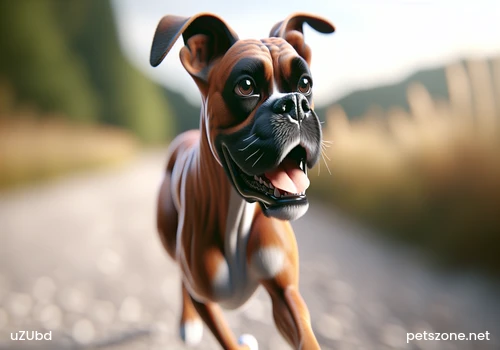
Glutinous Rice Balls (Tangyuan)
5. Glutinous Rice Balls for the Lantern Festival
Glutinous rice balls are best not given to dogs! Because dogs do not chew, they swallow them whole! These items slip quickly into the intestines without staying in the stomach, causing indigestion that can last for days or weeks. If you must feed some, use chopsticks to pick out pieces the size of a fingertip. After eating, make sure the dog drinks plenty of water. However, the following dogs should not eat glutinous rice balls.
1. Dogs with high blood sugar and high blood lipids should avoid glutinous rice balls.
2. Dogs with pancreatic or gallbladder diseases should not eat them.
3. Dogs with poor digestive function should avoid these foods.
Notes: Regardless of which traditional festival it is, when feeding festival foods to dogs, ensure the food is fresh and given in limited amounts of suitable size. Let dogs taste a little to enjoy the novelty. Binge eating is very harmful, and eating hard-to-digest foods increases gastrointestinal burden. Therefore, safety must always be the priority.

